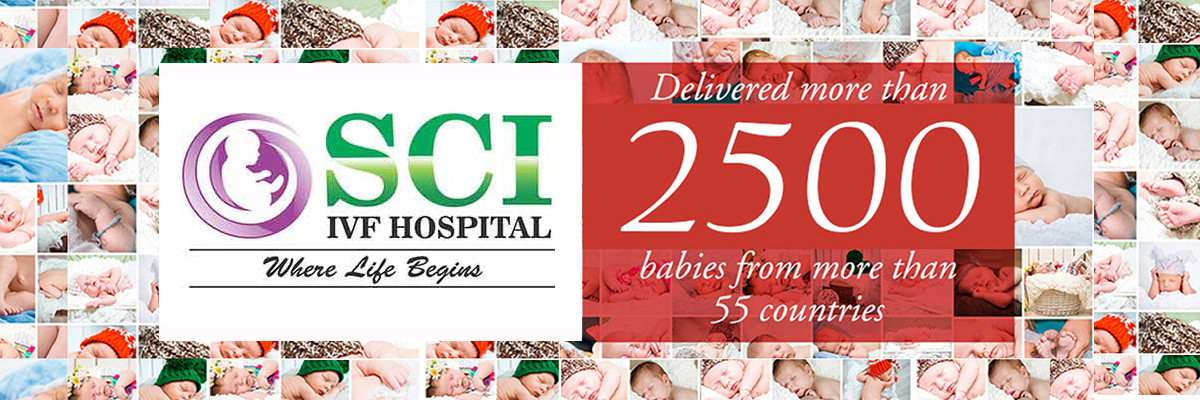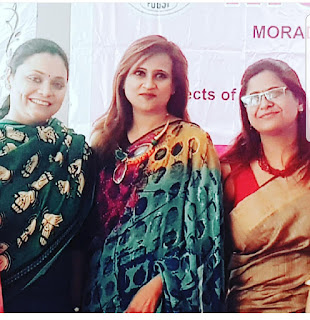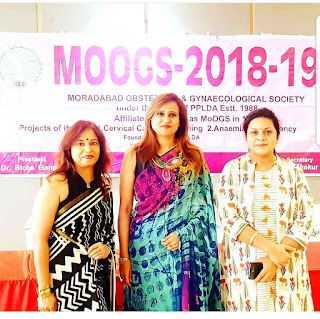There's more to blood group
types than A, B, AB, and O. There's' a blood group, hh or Bombay blood group,
which is so rare that many physicians go their entire career without witnessing
a single patient with this blood type.
The Bombay blood group is rare and treating patients with
this blood type also comes with its own challenges. Consider the common blood
groups.
Blood group A has antigen type A and antibody type
B, Blood group B had antigen type B and antibody type A, Blood
group AB has both antigens A and B but no antibodies, Only blood group O
has antibodies A and B and no antigens.
All the common blood groups have an
antigen H on their Red Blood Cells (RBCs) as well. Now, here's what makes Bombay
blood group so unique:
Bombay blood group, however, does
not have this antigen. Instead, it has antibody H. This H antigen deficiency is
known as Bombay phenotype (also known as hh), which describes individuals whose
RBCs lack the H antigen. People with this blood type produce anti-H, anti-A,
and anti-B and therefore can be transfused only with RBCs that also lack the H,
A and B antigens. It means they can only receive blood from another person with
the Bombay phenotype.
In a recent paper (The Bombay blood
group: are we out of risk?), the authors Dipta TFand Hossain A state,
" As because in our country there is routine practice of "only
forward or cell type grouping" using finger prick method by voluntary
blood donors organization and various blood banks; so there is tremendous
chance of misinterpretation or unexploration of this Bombay blood group. When
misdiagnosed, this Bombay group can cause fatal haemolytic transfusion
reaction."
They
further suggest incorporating "routine serum typing or reverse
grouping confirmation" along with 'O' cell control in reverse grouping
procedure in every Transfusion Medicine Department or Blood Bank or Blood Donor
Centers to reduce the risk of fatal haemolytic transfusion reaction.
Rare difficulty- Quick facts about Bombay blood group
·
Globally, 1 out of 2.5 lakh people
have this blood group.
·
The blood group hh can donate
blood to any group but accepts only hh blood type.
·
A preliminary test of this blood
type may incorrectly identify it as O+.
·
Advanced Immuno-Hematology testing
is needed to detect this blood group.
·
It's highly improbable to readily
find this blood group at any blood bank.
·
The RH- sub-variety of hh blood
group is the hardest to find.
A mix-up with O blood group
Generally, a blood test includes the process of gauging the
presence and absence of antigen/antibodies in the blood. As the Bombay blood
group has neither A nor B antigens, it can be wrongly identified as O blood
group.
If patients with Bombay phenotype receive blood group O
red cells or any other blood group red cells except the Bombay group, they may
develop an acute hemolytic reaction. This reaction can cause acute renal
failure or disseminated intravascular coagulation (DIC) which is associated
with high morbidity and mortality rates especially in unconscious patients who
may receive large volumes of incompatible blood before signs of hemolytic
reaction appears. (Asian J Transfus Sci. 2013 Jan-Jun; 7(1): 86–87.Hayedeh
Javadzadeh Shahshahani, Mohamad Reza Vahidfar, Seyed Ali Khodaie).
In a recent paper (The Bombay blood group: are we out of
risk?), the authors Dipta TF and Hossain A state, " As because in
our country there is routine practice of "only forward or cell type
grouping" using finger prick method by voluntary blood donors organization
and various blood banks; so there is tremendous chance of misinterpretation
or unexplorationof this Bombay blood group. When misdiagnosed, this Bombay
group can cause fatalhaemolytic transfusion reaction."
They further suggest incorporating "routine serum
typing or reverse grouping confirmation" along with 'O' cell control in
reverse grouping procedure in every Transfusion Medicine Department or Blood
Bank or Blood Donor Centers to reduce the risk of fatal haemolytic
transfusion reaction.
Mumbai-based paediatrician Dr. Shilpa Inamdar says,
"Not all blood banks know how to employ correct blood grouping practices
when it comes to Bombay blood group. Further, she informs that when a Bombay
blood type patient is assumed to be having O blood group and is administered
blood accordingly, it's not always that adverse reactions may take place."
It's a risky situation. Pathology
labs must do an electrophoresis test to distinguish between O and hh blood
types. A mix-up gives rise to the possibility of an acute haemolytic reaction,
which can cause multi-organ failure.
If a unit of hh blood group is not
available, it's best to avoid blood transfusion and use medication such as
erythropoietin and iron injections to try to optimise the patient's own
hemoglobin.
- Dr Shivani Sachdev Gour, MD
(Obstetrics & Gynaecology); founder of Delhi-based SCI Healthcare Hospital
and Multispecialty Centre
How to procure Hh blood group
·
First, ask the patient's relatives
to get tested as there is a decent chance one of them might be sharing the
blood group.
·
While checking with local blood
banks, do get in touch with the ones in big cities too.
·
Spread the word about the
requirement on social media and local FM stations. Ask blood banks to connect
you with WhatsApp groups of blood donors for help in this regard.
The Bombay connection
The hh blood group was first discovered in Bombay in 1952,
thus the name Bombay blood group. However, there's another reason for this
moniker.
Globally,
one person out of 2.5 lakh people is estimated to have hh blood group whereas
in Mumbai, for every 10,000 people there’s one person who has this rare blood
group running in their veins. The reason for high concentration of such people
in Mumbai is said to be intra-community marriages.
A study on the prevalence of Bombay blood group, published in Asian Journal
of Transfusion Science in 2015, found that India had 179 cases of
Bombay phenotype. Of them, 112 were found in Maharashtra, 14 in Karnataka, 8 in
Andhra Pradesh, 6 in Goa, and 5 in Gujarat. Prevalence of this blood type is
comparatively rare in north India.














